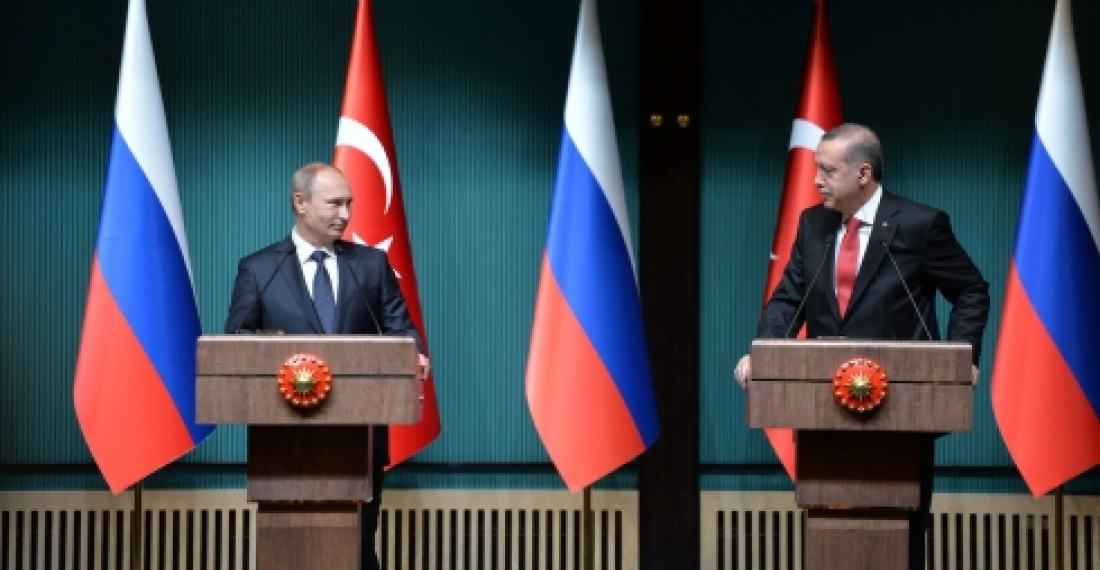The presidents of Russia and Turkey spoke by phone on Wednesday, for the first time since a Russian bomber was downed by the Turkish air force near Turkey’s border with Syria late last year. In the call, Vladimir Putin and Recep Tayyim Erdogan spoke of renewing cooperation, on trade, fighting terrorism, and other issues.
On Monday, the Kremlin received a letter from Erdogan expressing his "regret and sorrow" for the incident, on November 24 last year. The Russian authorities appear to have responded positively to the diplomatic goodwill gesture.
"The Russian leader said he had instructed the government to enter into negotiations with the relevant Turkish authorities to restore mutually advantageous bilateral cooperation in the trade and economic and other spheres," Putin’s office said in a statement, adding that restrictions on Russian tourists visiting Turkey will be lifted.
Tensions between the two countries have been high since the incident at the end of last year. Russia imposed sanctions on Turkey, which hit the economy badly, particularly in the tourism sector, which has also been damaged by a series of terrorist attacks.
At least 41 people were killed and more than 230 injured in coordinated attacks on Istanbul Ataturk airport on Tuesday evening. Putin offered his condolences to the victims, while Erdogan offered condolences to the family of the Russian pilot killed in November.
The foreign ministers of Russia and Turkey will meet on July 1 in the Russian city of Sochi, at a meeting of the Black Sea Economic Cooperation, while Putin and Erdogan have said they may meet soon.
"After the Turkish president’s letter to us we have decided to begin the process of normalization of relations with the Turkish partners," said Putin in his statement.
Source: commonspace.eu with TASS
Photo: Russian President Vladimir Putin and his Turkish counterpart Recep Tayyip Erdogan






